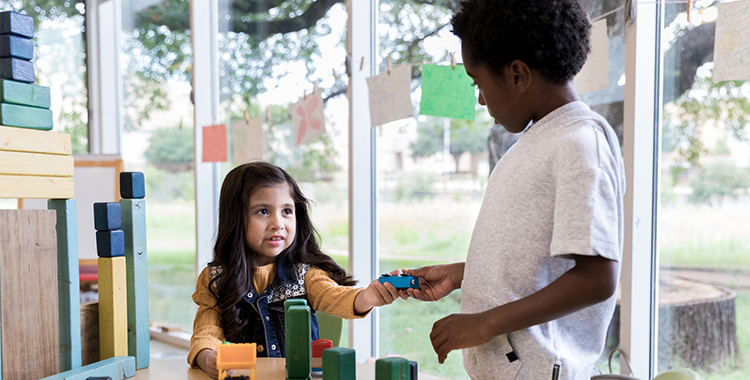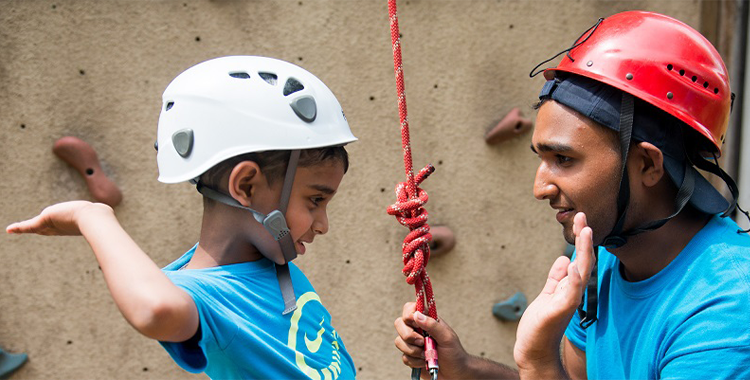4 ways to foster gratitude in your children

With updates from Tia Morrison on 09/28/2023
At the end of every week, my daughter’s educator hands out gratitude certificates to every child. These certificates celebrate what the children are thankful for about one of their classmates.
- “Thank you for being my reading partner this week and helping me sound out words.”
- “We’re lucky to have you in our class because the stories you write are so funny.”
- “Thank you for sitting and talking to me when I wasn’t feeling well. I appreciate it.”
It’s been four weeks since we started decorating our fridge with these certificates, and my daughter’s educator says she’s seen a lot of positive change in the classroom.
The children are happier; they’re recognizing they each have different strengths and weaknesses, and — most importantly — they’re working hard and playing hard together.

The benefits of gratitude
Research suggests gratitude has many benefits. People who are grateful are happier and have higher self-esteem and empathy. They’re more willing to support others and engage in their community, work, and hobbies.
Around Thanksgiving, children often start talking about gratitude at school. How can you make it more than a once-a-year conversation? Here are four tips for teaching children about gratitude.
1. Make gratitude a routine
Lead by example and make gratitude part of your family’s daily routine. Send a handwritten note to thank a teacher or educator, thank someone who held the door for you, or talk about the happy parts of the day as part of a bedtime routine.
2. Use gratitude when talking to your children
Extend tip #1 to your children, too. Be grateful when they show kindness or thoughtfulness. Instead of saying “I’m proud that you’re sharing your toys,” for example, say: “Thank you for sharing your toys with him. It was so thoughtful of you to bring your tub of trucks because you know he likes them.”

When children see how gratitude works, they’ll be more inclined to put thought and effort into their actions.
3. Give of yourself
Helping others is a way to nurture social relationships, an important part of fostering gratitude. Getting involved with a local charity, volunteering your time, or including your child when you donate items you no longer use are great ways to show children how to think beyond themselves.
4. Focus on experiences, not things
In our fast-paced and highly connected world, it can be hard to avoid getting wrapped up in consumerism around birthdays and holidays. Instead of toys, how about giving experiential gifts?

A camping trip, a family gym membership, or movie tickets are all experiential gifts that build and nurture relationships, encouraging ongoing opportunities to show gratitude.
Want to take it a step further? Ask for donations to a charity of your child’s choosing instead of gifts.
Share this blog and ignite the importance of giving and gratitude in your community. Follow us on Facebook, Twitter, and/or Instagram to stay connected for more.











